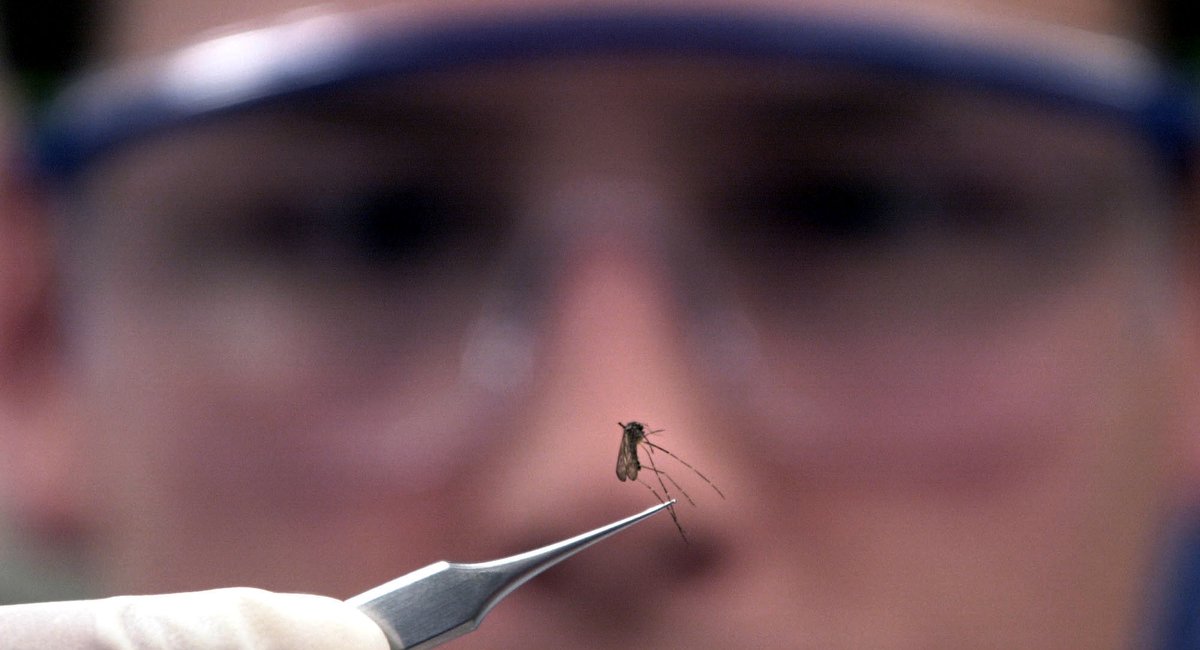A New York state resident from Ulster County died after testing positive for eastern equine encephalitis virus on Monday – prompting Dr. James McDonald, the state health commissioner, to issue a declaration of an imminent threat to public health.
The incident took place about a month after a separate mosquito-borne illness, West Nile Virus, was detected in the city for the first time this year.
Here’s what to know about the mosquito-borne viruses and how they may affect the New York City area through Oct. 31, when the Department of Health and Mental Hygiene says mosquito season ends.
What is EEE? And what is West Nile Virus?
The chances of contracting a mosquito-borne illness like EEE or West Nile are rare, according to the state health department. But the diseases – which have no vaccine and no cure – can be deadly.
The viruses are spread to humans through a mosquito bite.
There are roughly five to 10 cases of humans contracting EEE each year in the U.S., according to the state health department, and there were five cases involving a New York state resident since 1971 before the most recent cases on Monday, officials said.
How do I protect myself from these viruses?
The state health department recommends people cover their skin and spray insect repellent on exposed areas when outside during the peak season for contracting the virus, from late July through September.
All openings in one’s home – think windows and doors – should have screens without tears or rips. And standing water should be removed from parts of a person’s home where mosquitoes can breed. The Centers for Disease Control also recommends treating clothing and gear.
What symptoms are there?
Most people who contract WNV or EEE do not display any symptoms, according to the state health department. About one in five people who contract WNV will exhibit symptoms, and only one out of every 150 people will contract a serious case that could result in death, according to the CDC.
But every case is different.
The first Manhattan resident to contract West Nile Virus this year began experiencing slurred speech, low blood pressure and stroke-like symptoms, according to the woman’s son, Christopher Hartnick, an otolaryngology professor at Harvard Medical School and at Massachusetts Eye and Ear.
“Often, with the diagnosis comes a treatment and a cure. Not with this virus. The more I read, the less confident I felt we could make any predictions at all about Mom’s recovery,” he wrote in an opinion piece for Stat News on Tuesday.
The state health department said some people can experience symptoms including fever, headache, body aches and even paralysis. Symptoms normally appear within three to 15 days of contracting the virus.
